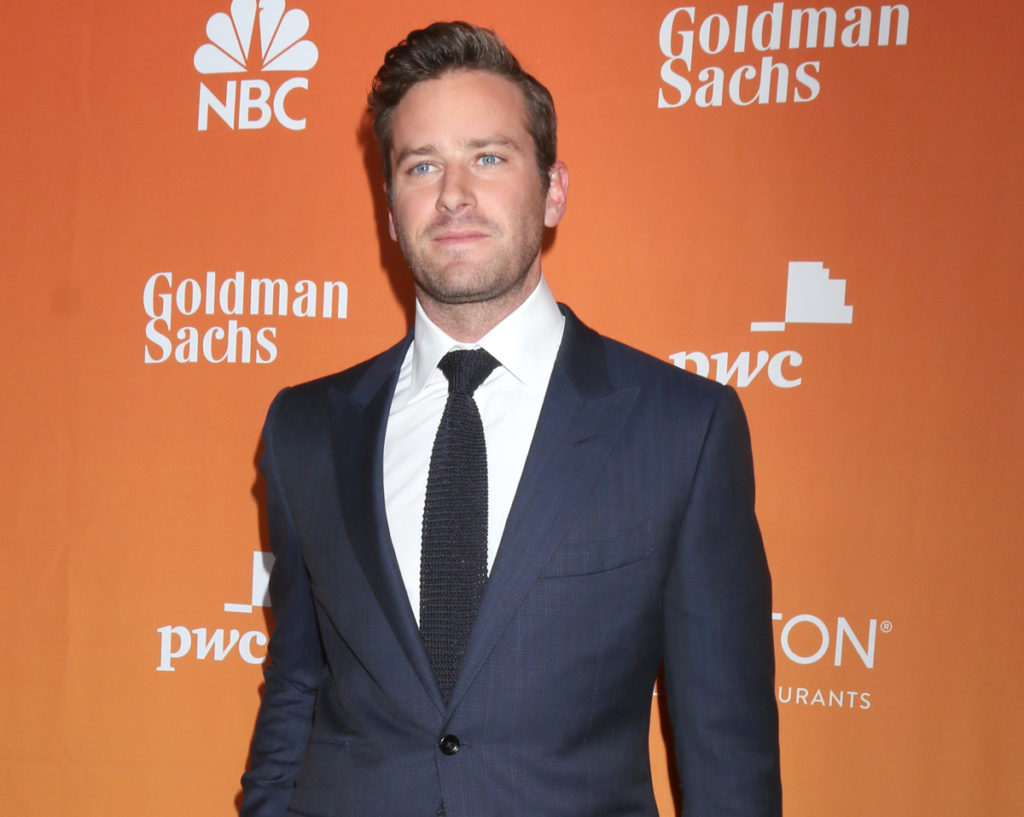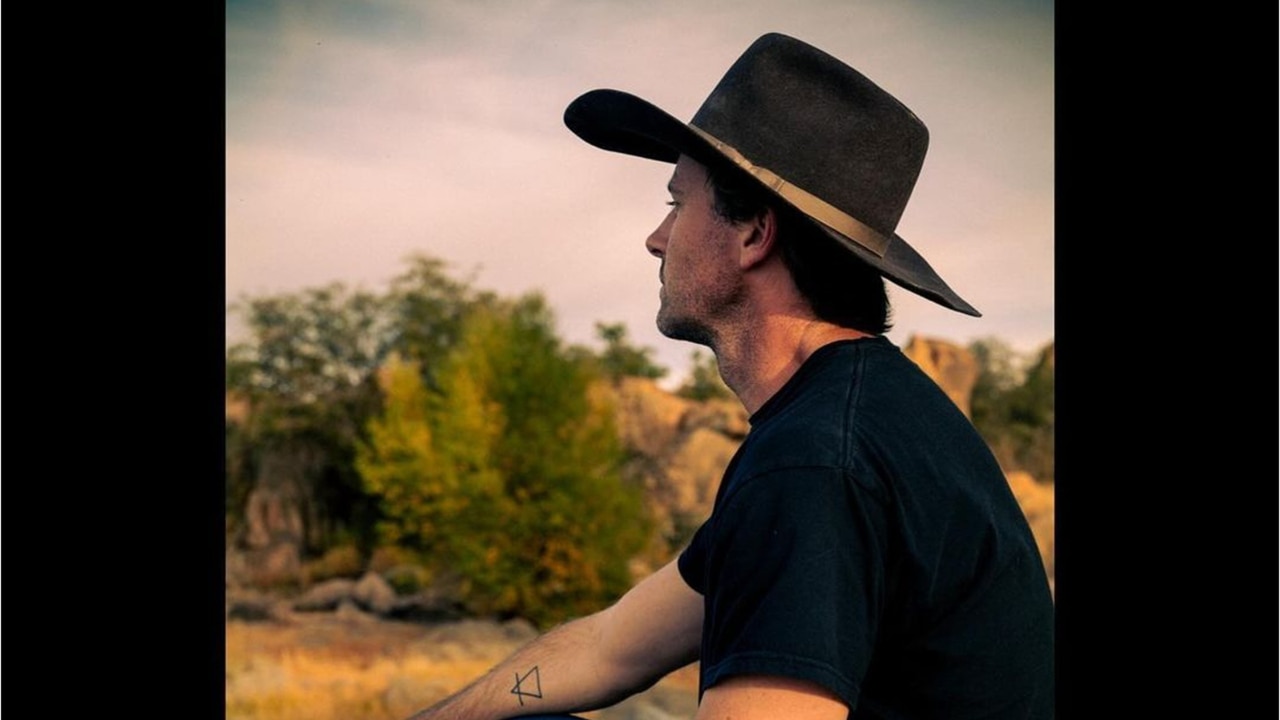
Armie Hammer’s Return to the Big Screen: Navigating Complexities Amidst Abuse Allegations
Introduction
Armie Hammer, once a Hollywood heartthrob, has faced significant backlash following allegations of sexual abuse made against him in 2021. Now, he is attempting a comeback with a leading role in the highly anticipated film “The Dark Knight.” This development has sparked a complex debate, raising questions about accountability, forgiveness, and the role of art in a post-#MeToo era.
Hammer’s Alleged Misconduct and Fallout
In January 2021, several women accused Hammer of emotional, physical, and sexual abuse. These allegations included claims of bondage, non-consensual acts, and coercion. Hammer initially denied the allegations but has since apologized for his “past mistakes.” Nonetheless, the backlash has been swift and severe, leading to his removal from several projects and a sharp decline in his public image.
The Decision to Cast Hammer in “The Dark Knight”
Despite the controversy surrounding Hammer, Warner Bros. has decided to cast him as the lead in “The Dark Knight.” This decision has been met with mixed reactions. Some critics argue that it sends a dangerous message that abusers can be easily forgiven and allowed to return to their previous status. Others maintain that Hammer deserves a second chance and should not be permanently banished from the industry.
Perspectives on Forgiveness and Accountability
The question of whether or not to forgive and allow people accused of abuse to return to their former positions is a complex one. Some believe that forgiveness should be withheld until the accused has fully atoned for their past actions. Others argue that forgiveness can be granted while still holding the person accountable for their behavior.
In the case of Hammer, there is evidence that he is seeking help and taking steps towards recovery. However, it remains to be seen whether he has truly changed and whether he deserves to be welcomed back into the spotlight.
The Impact on the Film Industry
Hammer’s return to the big screen has significant implications for the film industry. It raises questions about the treatment of accused abusers and the responsibilities of studios and producers.
Some argue that casting Hammer is a step backwards for the #MeToo movement and sends the message that wealthy and powerful men can escape accountability. Others believe that it is possible to separate the art from the artist and that Hammer’s alleged misconduct should not prevent him from pursuing his career.
Conclusion
The return of Armie Hammer to the big screen in “The Dark Knight” is a complex and controversial issue. There are valid arguments to be made on both sides of the debate, and it is ultimately up to individual viewers to decide how they feel about it.
This case highlights the challenges of addressing abuse allegations in the public eye and the need for a nuanced approach to forgiveness and accountability. It also raises important questions about the role of art in a post-#MeToo era and the responsibility of studios and producers to create an environment where victims of abuse feel safe and supported.




